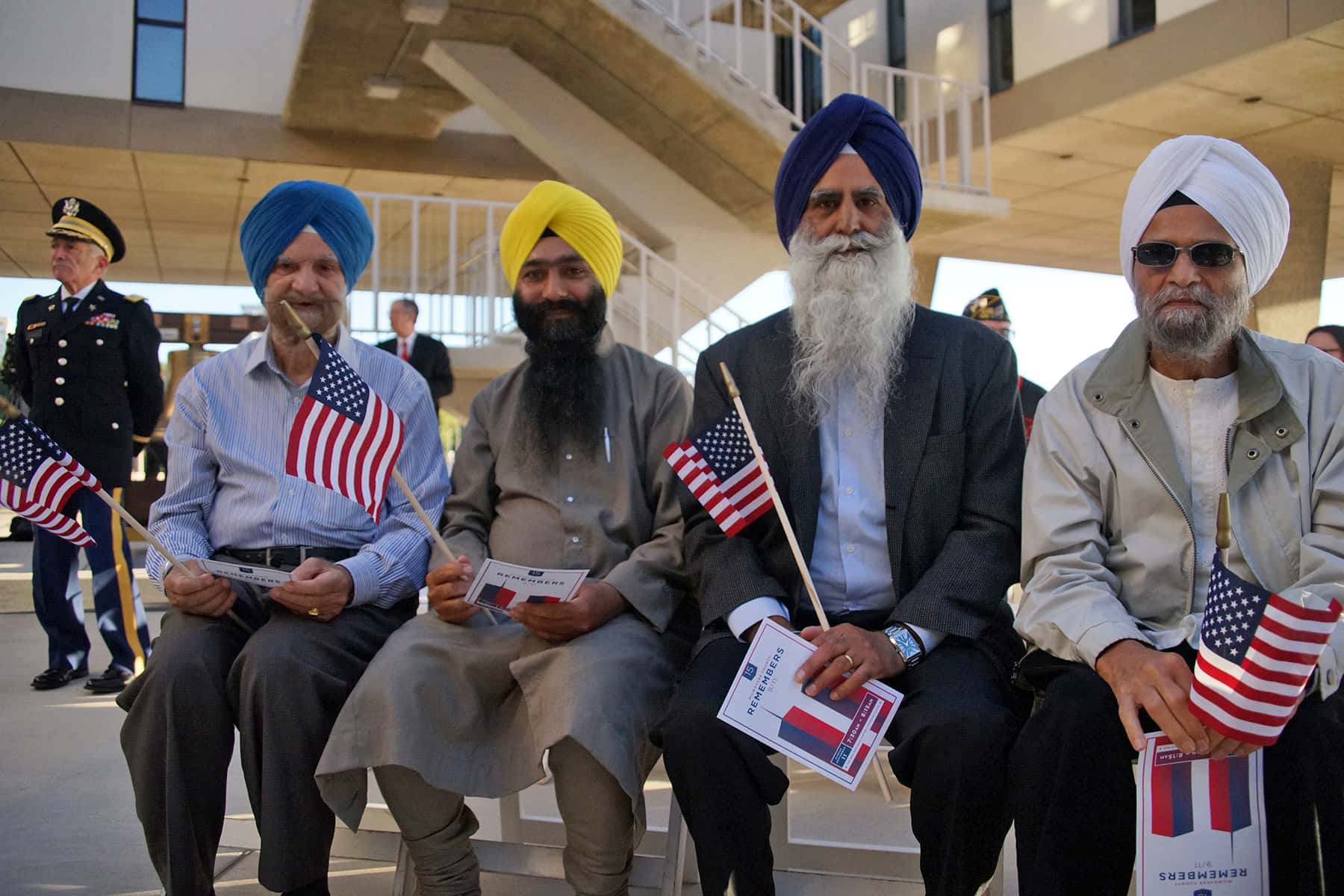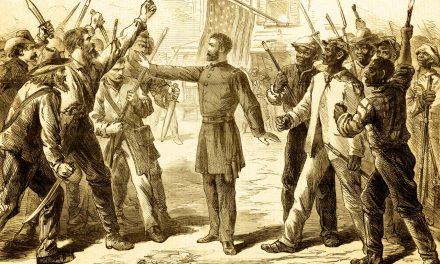
In December 2014, I stood inside Boston’s historic Faneuil Hall, took the following oath, and became a U.S. citizen.
I hereby declare, on oath, that I absolutely and entirely renounce and abjure all allegiance and fidelity to any foreign prince, potentate, state, or sovereignty … that I will support and defend the Constitution and laws of the United States of America against all enemies, foreign and domestic … so help me God.
This oath was a reminder of my solemn obligations to this country and its people. I was extremely happy knowing that I could finally participate in our democracy, and have my voice heard. Over the next few years, I started a business, voluntarily enlisted in our nation’s military, completed two graduate degrees and bought a home.
Millions of immigrants and Americans of color like me have a positive impact on our communities, commonwealth and nation. We hold down jobs, own homes and raise our families. We start businesses, hire other Americans, pay taxes and make charitable contributions. Some of us also wear our nation’s uniform to give back to the nation that we love.
Immigrants don’t have it easy. We must assimilate to new conditions, work toward financial security and contribute to our communities. Contrary to political rhetoric, we are not handed anything. Many immigrants and people of color arrived here after fleeing violence, religious or political persecution, in search of better opportunities. We work extremely hard in order to succeed.
On a recent morning, I was in Boston’s Downtown Crossing at around 8:25 a.m., when a woman yelled at me, “Go back to your country!” Sadly, I didn’t have the time to stop and ask why she said what she did. Moreover, I didn’t want to create a scene in front of so many people — most of whom were also likely on their way to work.
But I was infuriated by her comments. While people have the First Amendment right to speak their minds, comments like these constitute verbal abuse. It took me several minutes to process what she had said. I didn’t bring the incident up at my work meeting that morning even though I was livid about it. I had to pretend everything was normal so my team’s productivity didn’t suffer.
I spent a good part of my day thinking about what she meant. Did she want me to go back to Malden? Because that’s where I live, and that’s my home. I was compelled to share this incident with one of my colleagues, even though talking about politics, in a professional setting, is frowned upon. As a person of color, he could relate and he went on to share his own experiences of being discriminated against since 9/11.
I’m sorry to admit that I didn’t find the woman’s remark altogether surprising. Indeed, she was only echoing one of our elected leaders who recently told four congresswomen of color to “go back” to “the totally broken and crime-infested places from which they came.” (He didn’t seem to know or care that every one of them is an American citizen. And of the four elected members of the House of Representatives, only one was born outside the U.S.)
While I was encouraged by the swift and widespread denunciation of the racist comments, I am disgusted that bigotry has become a routine part of our political discourse.
In June 1858, future-President Abraham Lincoln remarked, “a house divided against itself cannot stand. I believe this government cannot endure, permanently half slave and half free. I do not expect the Union to be dissolved — I do not expect the house to fall — but I do expect it will cease to be divided. It will become all one thing or all the other.”
America is at an inflection point right now — just like the summer of 1858. There are some who continue to be advocates of a multicultural America. But there is also a vocal minority, emboldened by some of our elected leaders, that advocates for limited racial and ethnic diversity. They are even willing to use fear, intimidation and scare tactics to attempt to change the composition of the American populace.
There are those who ask us to ignore this kind of hateful rhetoric, but immigrants and people of color like me don’t have that luxury. Our lives are at risk whenever racism and bigotry are legitimized.
What do Oak Creek, Charleston, Charlottesville and Pittsburgh have in common? They are the tragic face of racial violence in the United States. Hundreds of thousands of Americans from minority faiths, races and ethnicities continue to face bigotry, bias and backlash in America. That problem continues to grow, with the FBI reporting an annual rise in the number of hate crimes for each of the past three years.
How many more lives must be devastated by the real-world consequences of hate in our nation before we realize that the dangerous rhetoric from our elected officials will destroy the diverse, inclusive and prosperous America we love?
The choice is ours. White, black, Hispanic, Asian, Native American and biracial patriots of all faiths, or no faith at all, need to come together and publicly denounce our leaders when they blow racial dog whistles or, increasingly, reach for a bullhorn.
So here is my response to the woman who asked me to “go back.” I along with the rest of the immigrant community and Americans of color are not going anywhere. We are already home, and we are going to reclaim America from hatred and bigotry.
Per the request of the author, the views expressed in this article are those solely of the author and no other affiliated organization.
Kanwar Singh
Mark Wilson, Sikh Coalition, and Lee Matz
Originally published as My Response To The Woman Who Told Me To ‘Go Back’

















